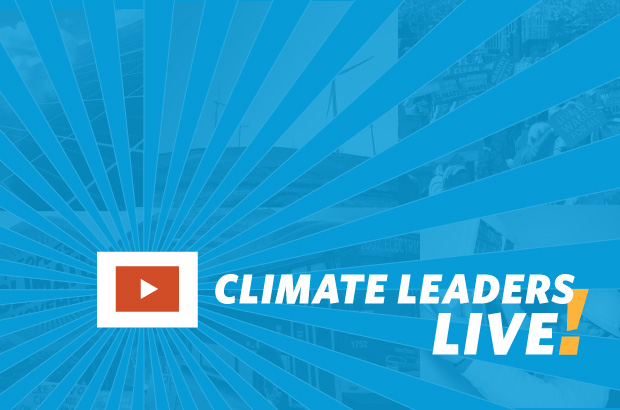
Slide presentation for download
The weather and our climate affect us and our health in a variety of ways. We know the climate crisis is making people sicker, unwell, and stressed out. Air quality worsens as temperatures rise, and burning fossil fuels pollutes the air with particulate matter and greenhouse gases. Recent fires throughout the West have made the realities of climate impacts on air quality even more stark, causing weeks of visible smoke throughout much of WA, OR and CA.
And air quality doesn’t just mean wildfire smoke—the World Health Organization has estimated that air pollution is responsible for about seven million deaths a year worldwide and found that reducing the burning of fossil fuels could avoid 2.5 million premature deaths each year by 2050. Additionally, we know that not all people experience the same degree, intensity, and impacts of emissions: low-income communities and communities of color suffer the most from air pollution and climate change; they also have the fewest resources to cope, or to pay for health care. Often, these communities are closest to highways and other roads with high volumes of traffic.
Climate Solutions, Washington Physicians for Social Responsibility, American Lung Association, the Puget Sound Clean Air Agency, and Oregon Environmental Council contributed to this panel discussion on how our health and our climate are inextricably linked, and how acting on climate change, cleaning up our air and water quality, and transitioning to a clean energy economy will help us and our climate stay health and well.
Donate
Connect
Join our email list to learn about what we do and how to get involved.
Upcoming Events
There are no upcoming events posted at this time.